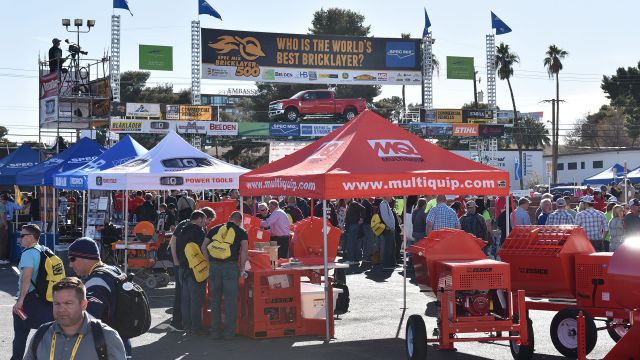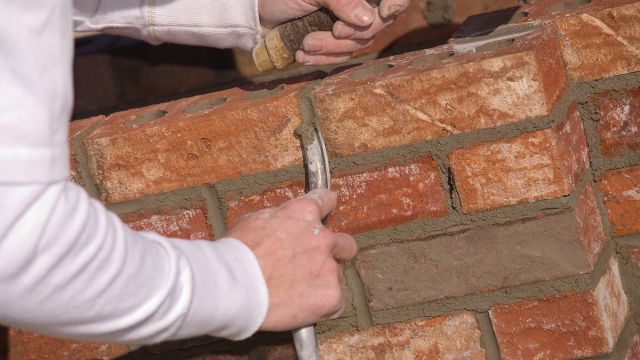Military Construction: Traditional Masonry or Modern Design
President’s Message
A few months ago, on the pages of Masonry Magazine, we reported that the Department of Defense (DoD) had implemented a policy requiring barracks projects be built using more conventional methods of construction, including wood or other materials that conformed to the UBC, thus moving away from more traditional masonry design.
Although the policy was required by legislation enacted in 1996, it was justified through cost savings estimated with a ?back of the napkin? life cycle cost analysis done in a vacuum by the Army Corps of Engineers. The Corps has since substantiated the usefulness and practicality of downgrading their construction methods with the help of the General Accounting Office (GAO), the investigative arm of Congress.
In a report issued on June 10, the GAO recommended that the Secretary of Defense promote a coordinated, focused effort to determine the feasibility and cost effectiveness of barracks privatization. GAO also recommended that DoD undertake engineering studies to resolve questions about the use of residential construction practices and compliance with antiterrorism force protection requirements. DoD was also told it must issue guidance on maximizing use of existing barracks space while eliminating excess barracks infrastructure in an effort to save additional military construction dollars.
Congress has since given its endorsement to the GAO recommendations, mandating, in the Fiscal Year 2004 Military Construction Appropriations bill, that they be implemented without delay and directing the Secretary of Defense to provide a report to Congress by March of next year detailing actions taken in response to GAO?s recommendations and itemizing any budgetary savings achieved as a result of their implementation.
There are several aspects of this directive that MCAA finds troubling and not simply because many of our members routinely do defense contract work at military installations. First and foremost, we believe this policy to be extremely misguided in today?s military environment. We have forces all over the world ? Bosnia, Afghanistan, Saudi Arabia, Iraq, and Liberia, to name a few - and our military personnel are stretched to the limit, with no immediate end in sight. Worse still, the level of potential terrorist threats remains high and is unlikely to change any time soon. Given that, do we really want our soldiers to reside in less durable living quarters which may not withstand terrorist attacks? I think not. As the world?s superpower, our military is held to a higher standard; their barracks facilities and other support structures should be on par with the level of excellence we?ve come to expect of our armed forces. As taxpayers, we also question whether or not the ?standardized? life cycle cost analysis done by the Army Corps of Engineers is adequate, particularly if the military is serious about privatization. If the initial cost estimates to build a new barracks using residential or conventional construction methods are in fact lower, have future maintenance costs been sufficiently examined? What private company would want to sign a long term contract with the military to manage its facilities if the maintenance costs are expected to be significantly higher in 5 or 10 years?
In my view, we at MCAA must do two things to confront this problem head on. First, we need to have an in-depth life cycle cost analysis of our own completed, comparing it to the ?standardized? LCCA done by the Army Corps of Engineers. We should then present our LCCA to the Corps, the Department of Defense and our friends on Capitol Hill and suggest that as they move forward with new construction methods and, ultimately, privatization that they consider a peer review process of the LCCA. It is my understanding that the Texas Masonry Council is working closely with a local architect to put together an extensive LCCA and his work should be done by early September. I expect this will not only be beneficial to our efforts to resolve construction questions within the military, but should prove to be an excellent marketing tool for our industry.
Second, MCAA must continue to work closely with others in industry and the Army Corps of Engineers to initiate a program request for testing of various masonry wall systems. Masonry wall systems should be tested to determine their ability to withstand certain blast loads and resistance to progressive collapse, both of which are factors in DoD?s antiterrorism force protection standards and directly impact construction policy. A testing request was submitted to the Corps in July and I am hopeful that the military can begin the program later this year at their testing facility in Vicksburg, Mississippi.
We at MCAA intend to keep you apprised of further developments in this matter and want to ensure you that we?ll make every effort to ensure that DoD?s construction policy doesn?t adversely impact our traditional market share of contract work.
Chairman’s Message Archive

November 2019
Thankful for The Little Things

October 2019
Here’s to Another Successful Midyear 2019
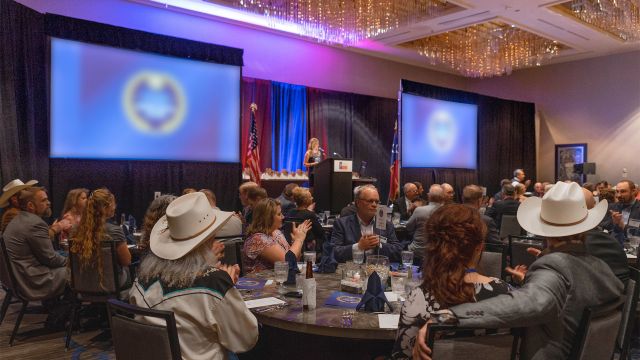
September 2019
Texas Masonry Council: The Legacy
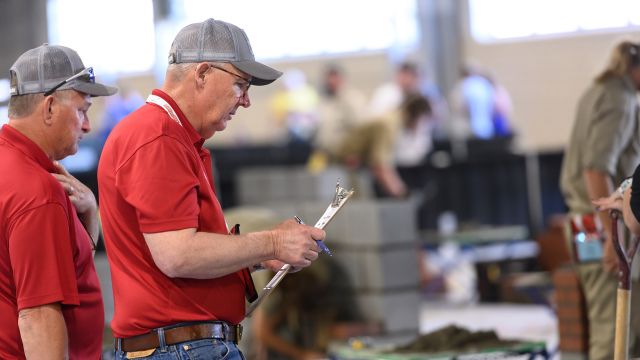
August 2019
The American Dream

July 2019
2019 Legislative Conference Recap

June 2019
Safety Doesn’t Happen on Accident
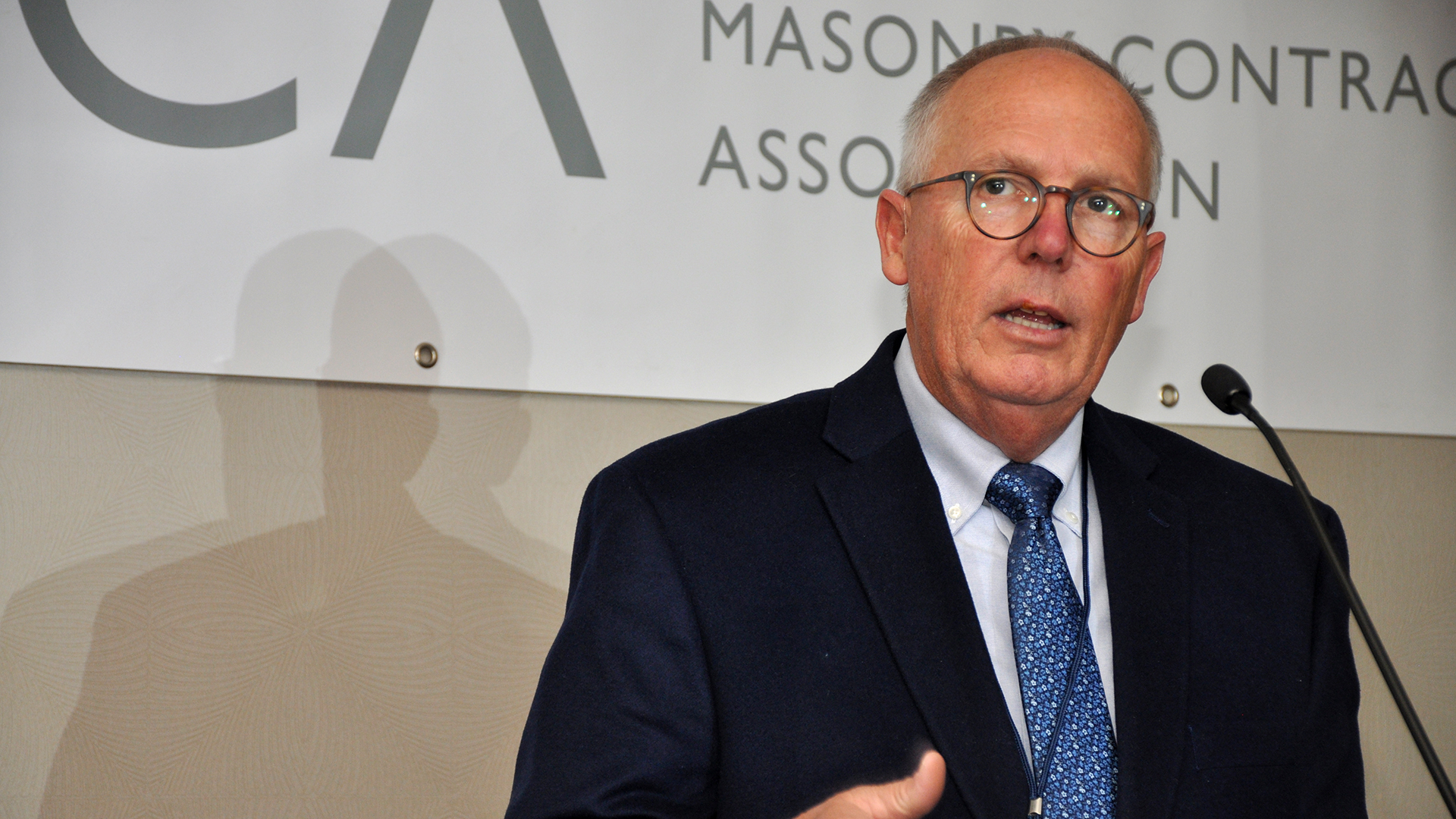
May 2019
Doing Our Part
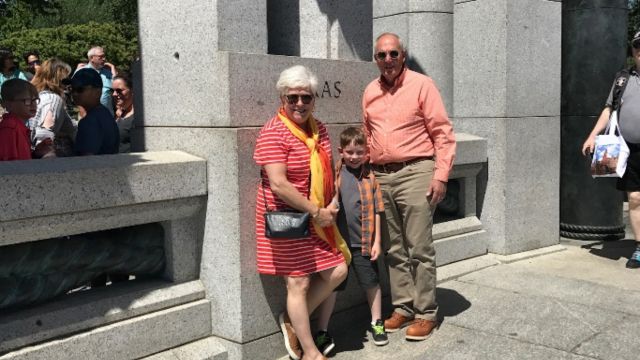
April 2019
Preparing for D.C.

March 2019
More Than a Little Luck
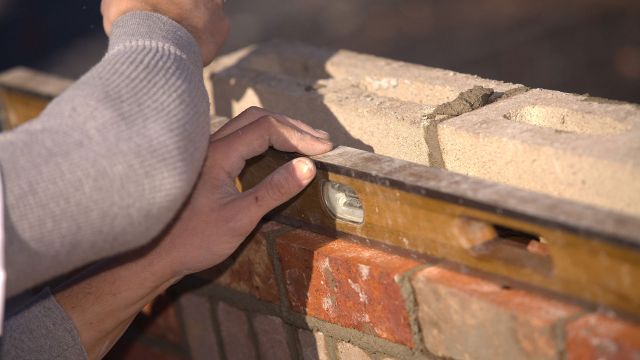
February 2019
Show Your Love For The Industry
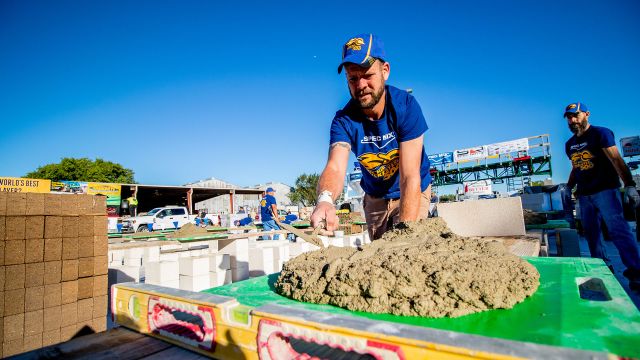
December 2018
The Opportunities are Endless
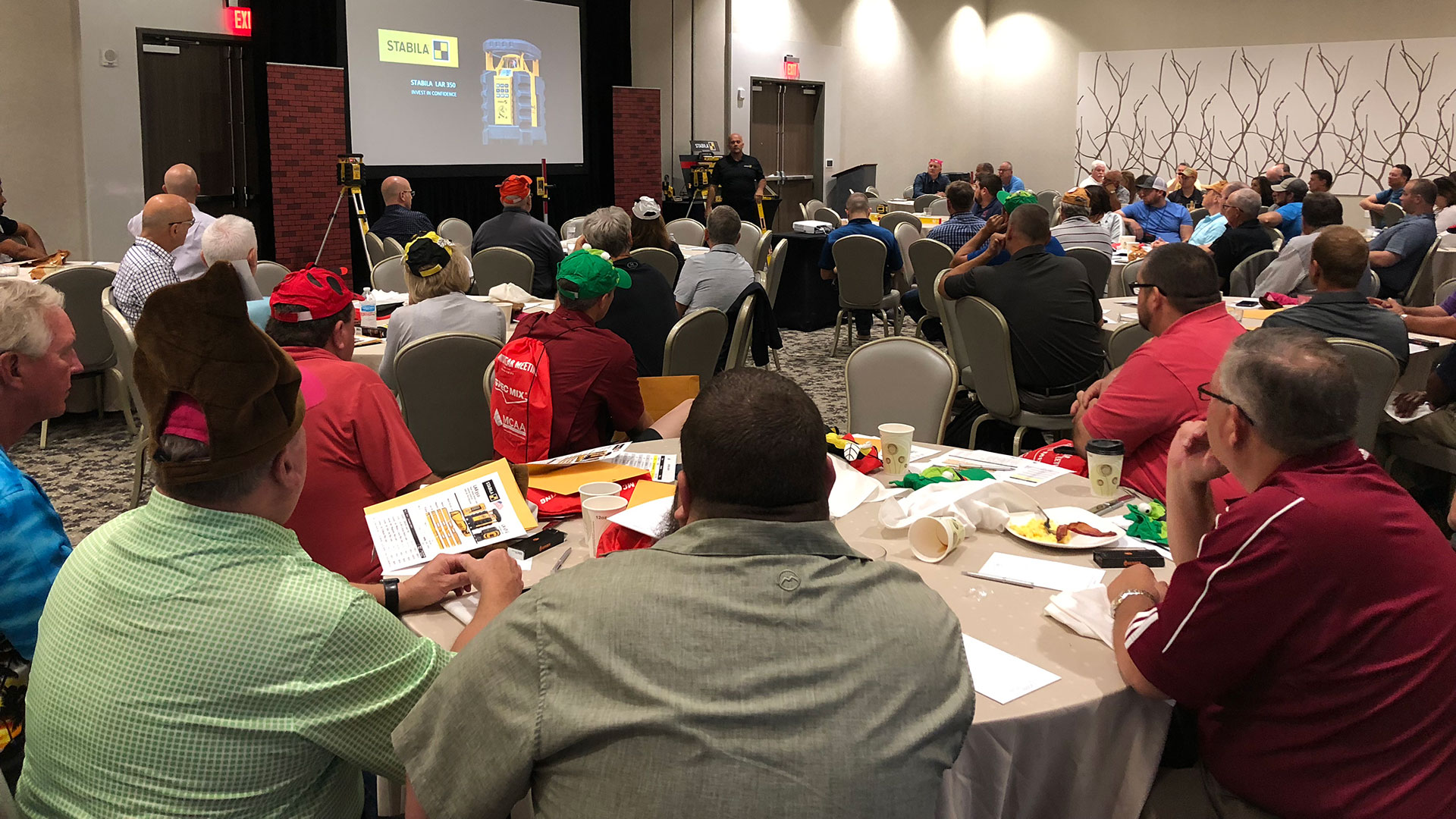
November 2018
2018 MCAA Midyear Meeting Recap
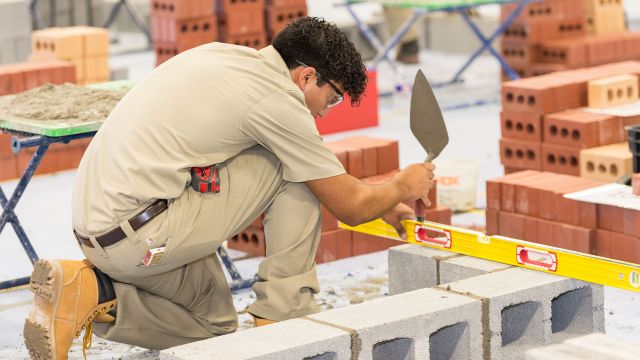
October 2018
Every Person’s Potential
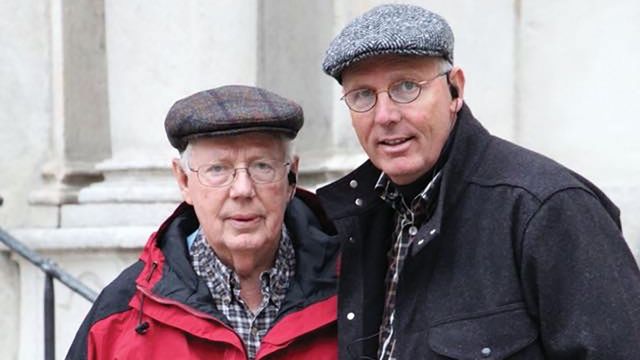
September 2018
Recent Updates
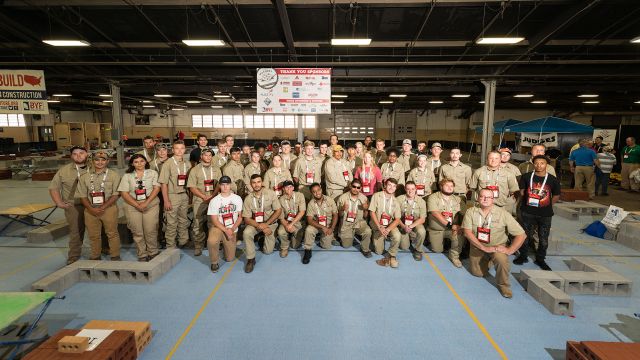
August 2018
Masonry’s Future

July 2018
An Offer You Can’t Refuse
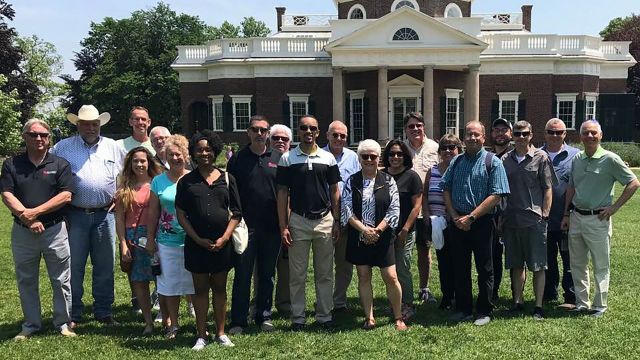
June 2018
Worthwhile Work

May 2018
Masonry All Around

April 2018
We’re Washington Bound
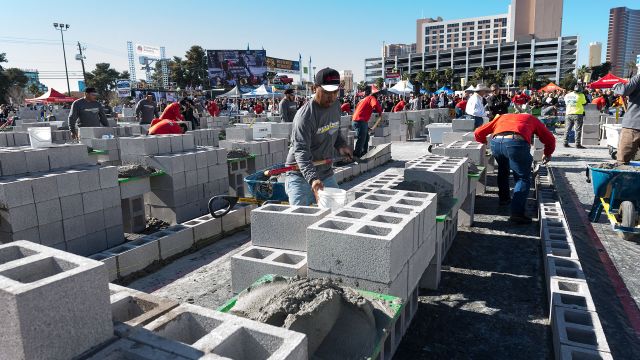
March 2018
The Changing Tide And Road Ahead
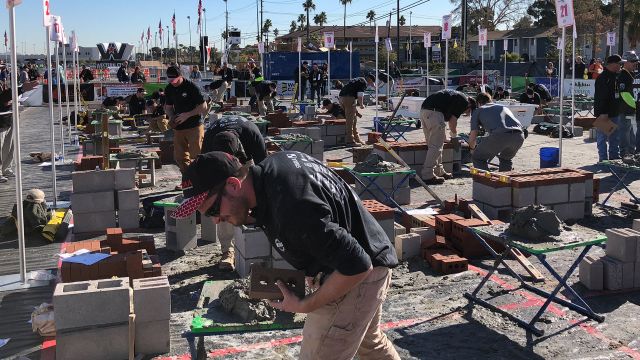
February 2018
A New Beginning

January 2018
Givers Gain
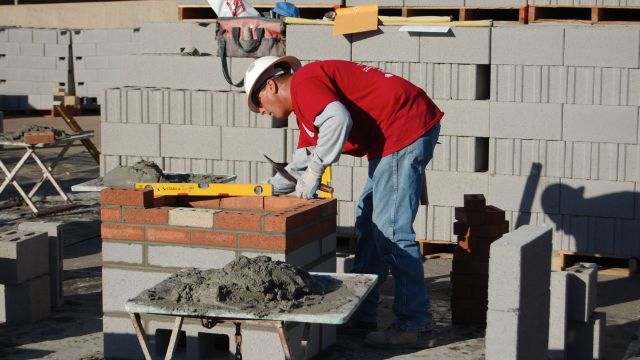
December 2017
The Reason for the Season
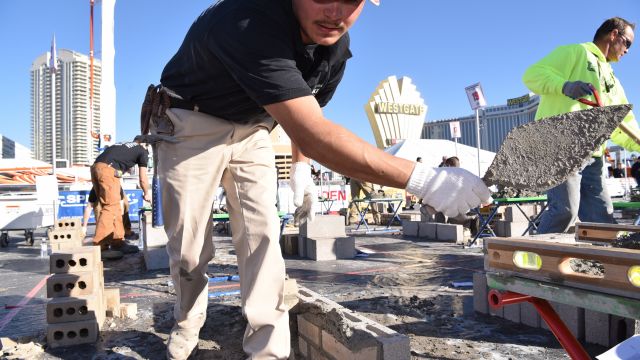
November 2017
Always, Always, Always Something To Be Thankful For
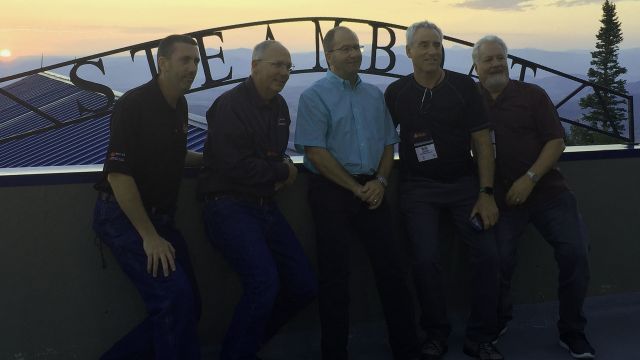
October 2017
Another Exciting Midyear Meeting
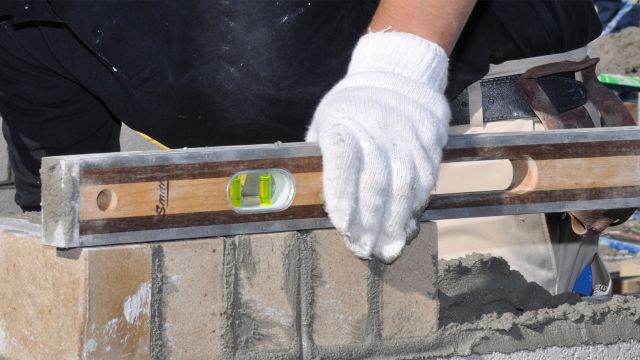
September 2017
Learning From North Carolina
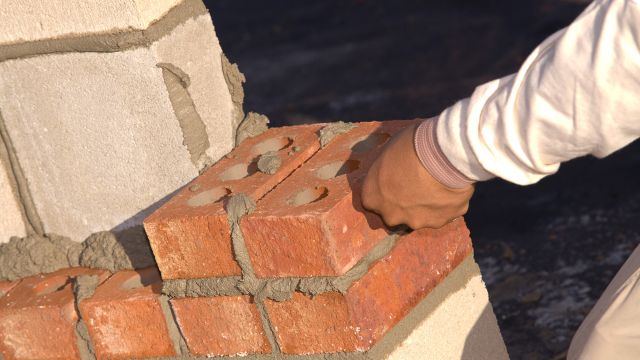
August 2017
Let’s Help Close The Skills Gap
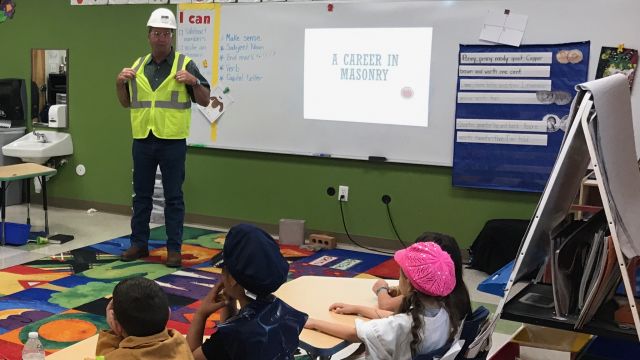
June 2017
Calculating Your Return on Investment

May 2017
Sweet Tea and Grits
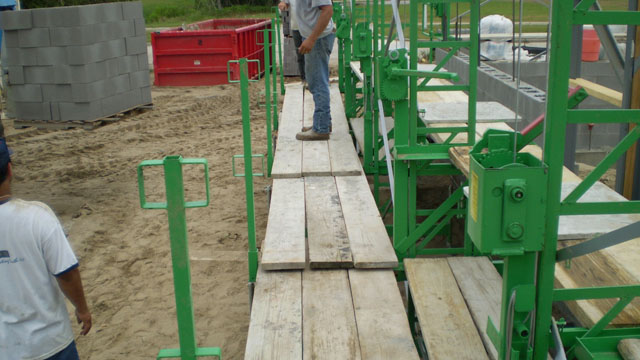
April 2017
Silica, Auctions and Policy

March 2017
Things to Remember
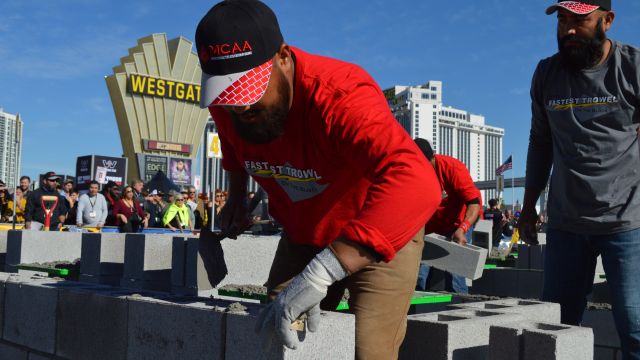
February 2017
Looking Forward
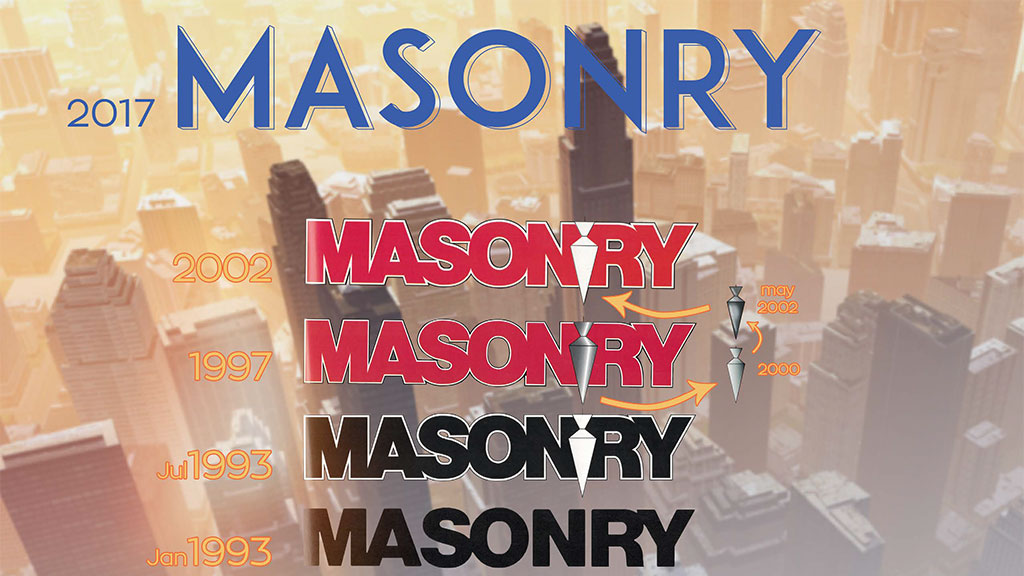
January 2017
A Fresh Start
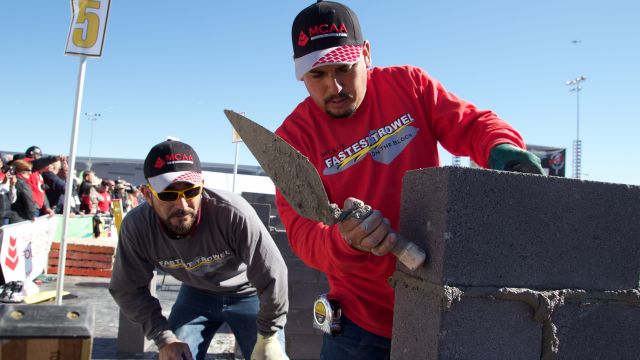
December 2016
Making Our Industry Stronger
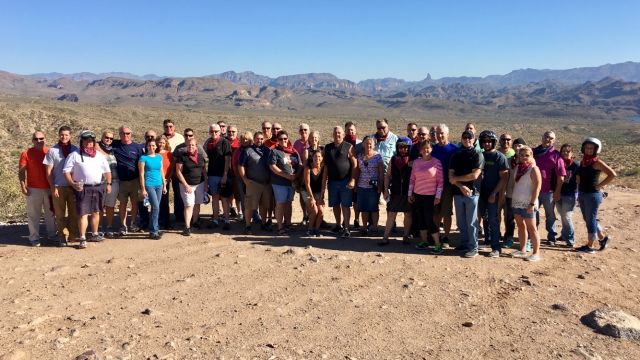
November 2016
MCAA Midyear Meeting Does Not Disappoint
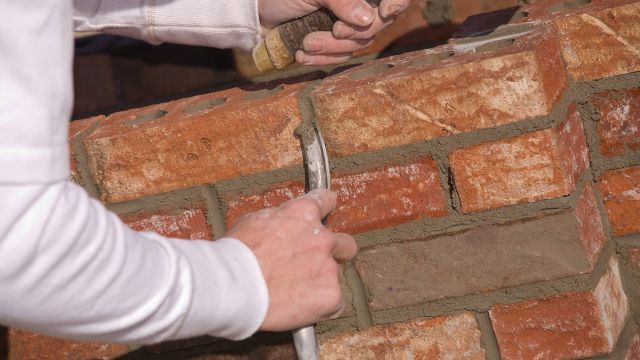
October 2016
Have You Made Your Pledge to the Foundation?

September 2016
Who Moved My Cheese?

August 2016
Get Ready for MCAA’s Midyear Meeting
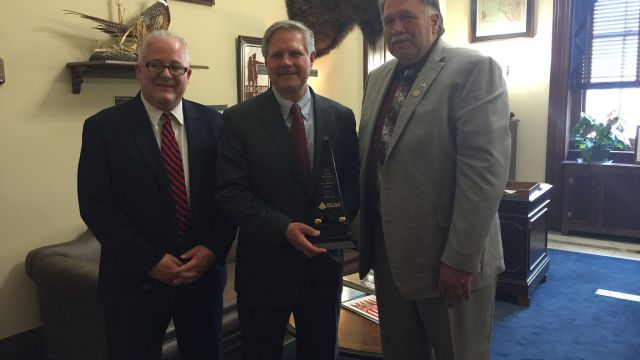
July 2016
Making a Difference
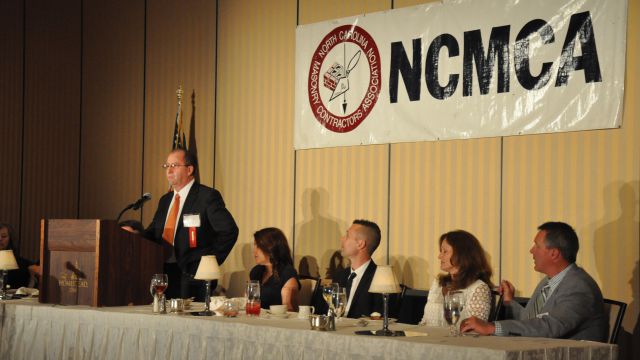
June 2016
Southern Hospitality
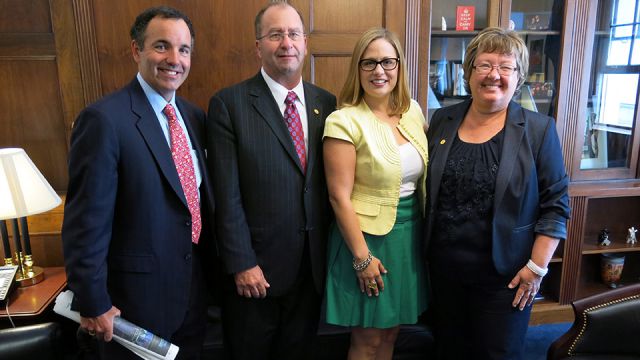
May 2016
The 2016 MCAA Legislative Conference
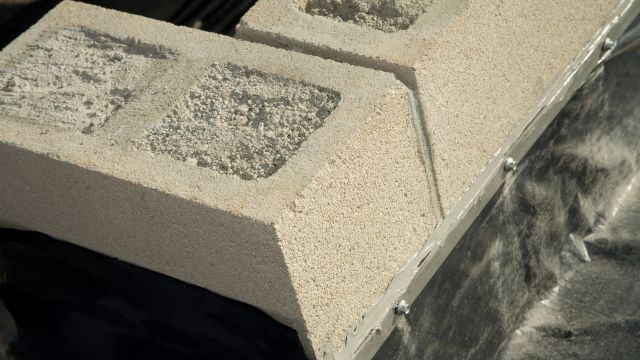
April 2016
MCAA: Looking out for your interests

March 2016
Let’s share our passion!
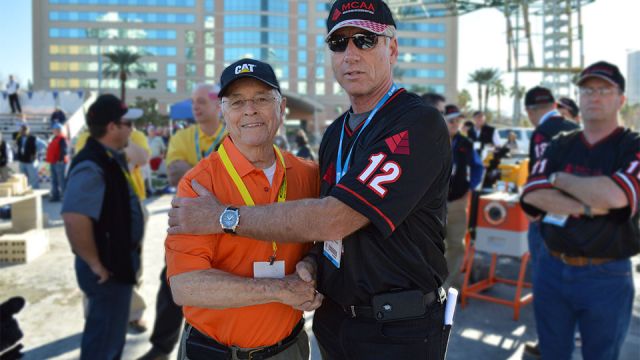
February 2016
Thanks for letting me give back
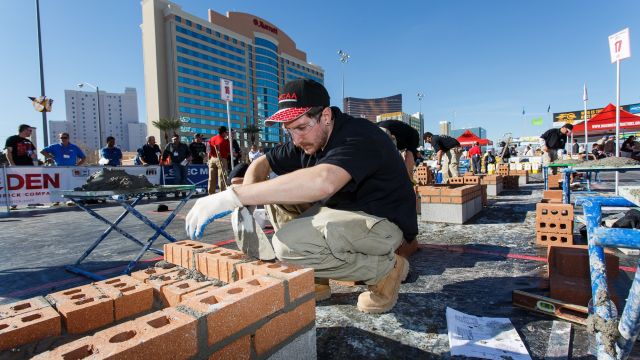
January 2016
A week of masonry you can’t miss

December 2015
Giving back

November 2015
A successful Midyear Meeting in the Florida Keys
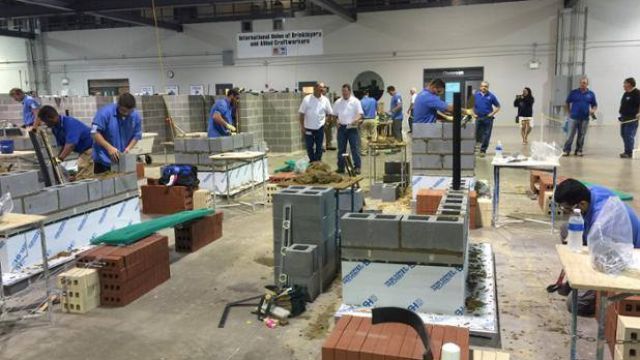
October 2015
Seeing the future before our eyes

September 2015
Join us for the Midyear Meeting

August 2015
The MCAA Midyear Meeting is approaching
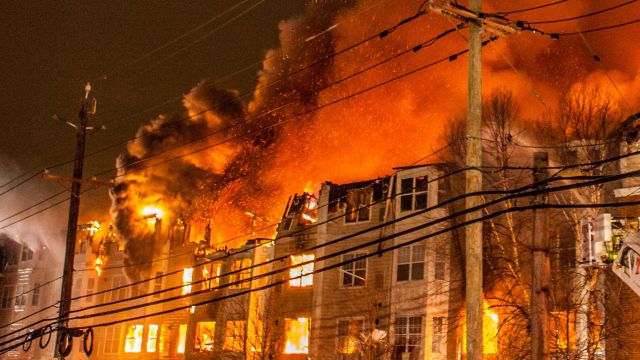
July 2015
Spread the Word: Masonry Doesn’t Burn

June 2015
Busy on ‘The Hill’ for you
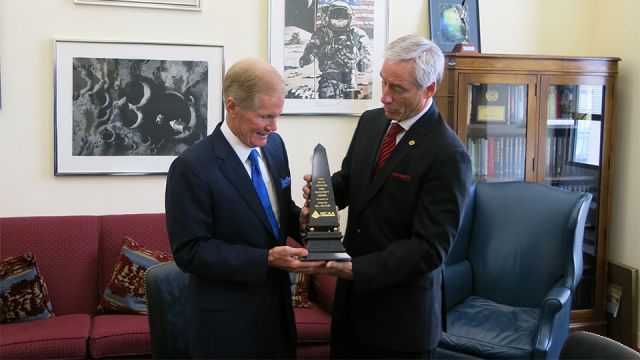
May 2015
Progress in the making
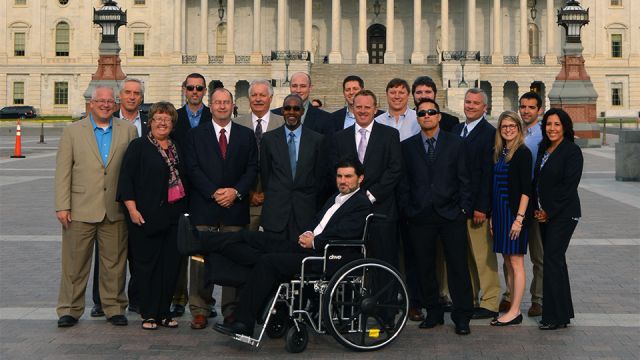
April 2015
A voice in Washington

March 2015
Another successful Convention in Vegas

February 2015
An exciting year ahead
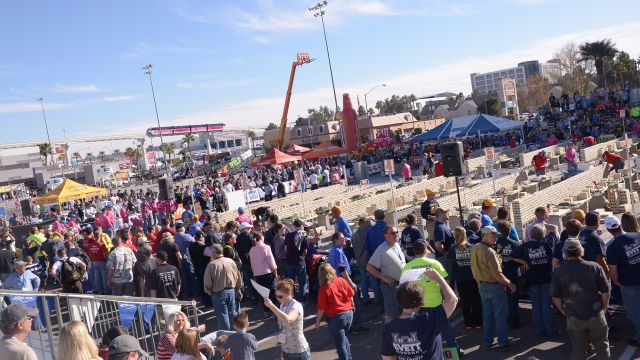
January 2015
MCAA Convention is approaching

December 2014
Defining success

November 2014
Coming together for our industry
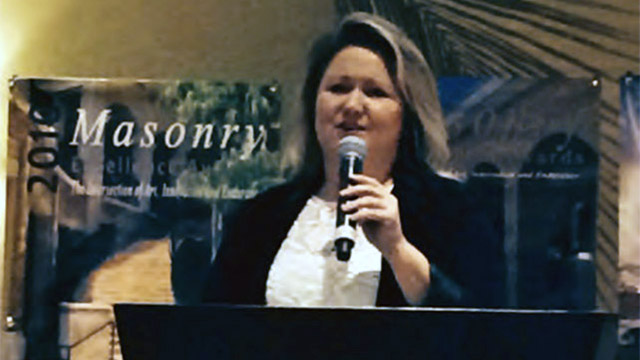
September 2014
Hitting the road and making a difference

August 2014
Staying busy for you

July 2014
MCAA Midyear Meeting approaching
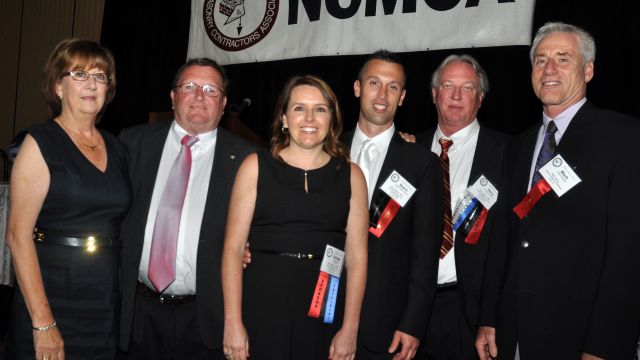
June 2014
MCAA staying busy and making progress

May 2014
Be a voice in your industry

April 2014
The MCAA is on the move
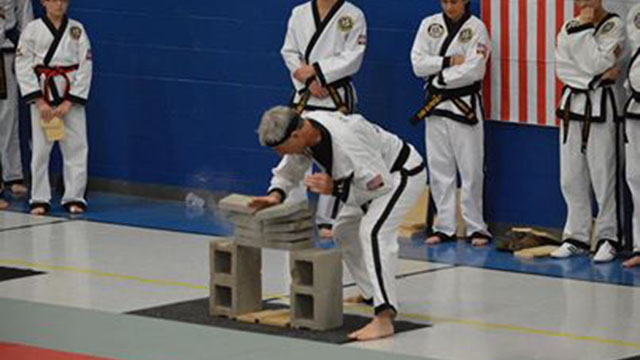
March 2014
It’s all about helping each other
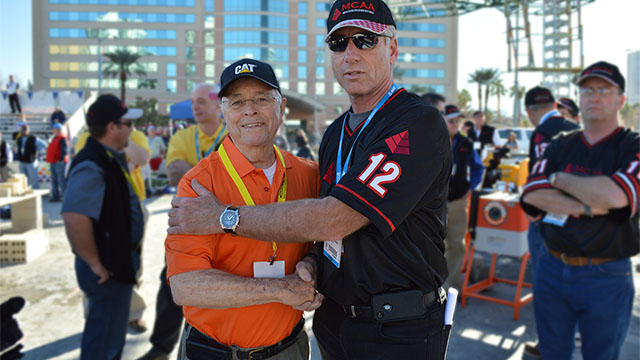
February 2014
Ready for action

January 2014
Thanks

December 2013
Happy holidays
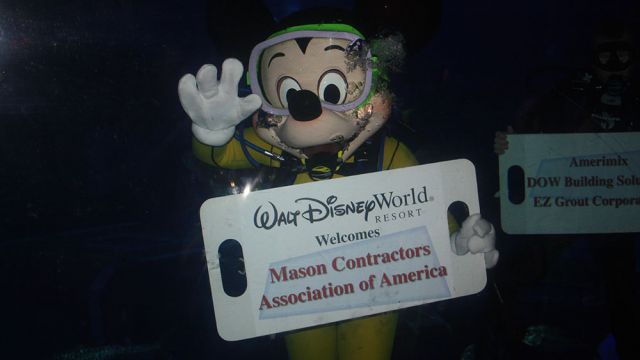
November 2013
MCAA Midyear update

October 2013
Ushering in a busy fall season
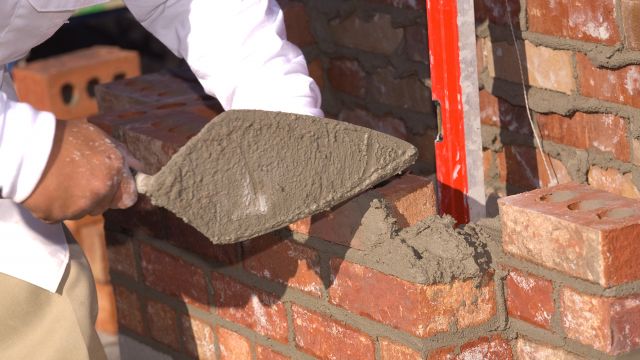
September 2013
Workforce a familiar friend

August 2013
The MCAA in D.C.

July 2013
A Lot Happening
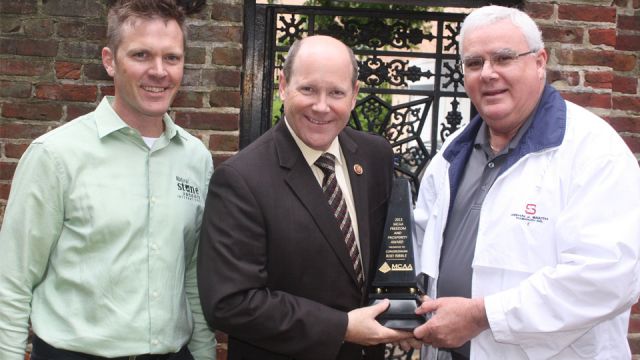
June 2013
Eye opening
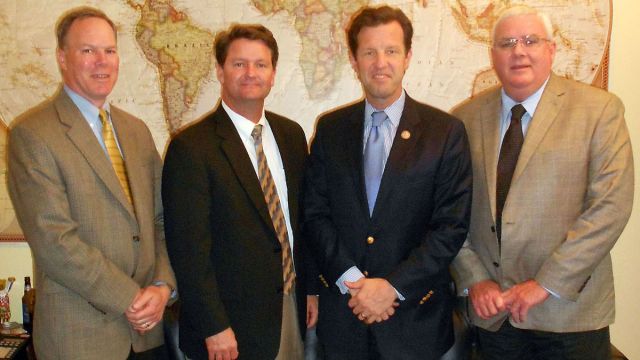
May 2013
Why not be a member?

April 2013
First South of 40 Conference

March 2013
Positive movement

February 2013
Headed to Vegas
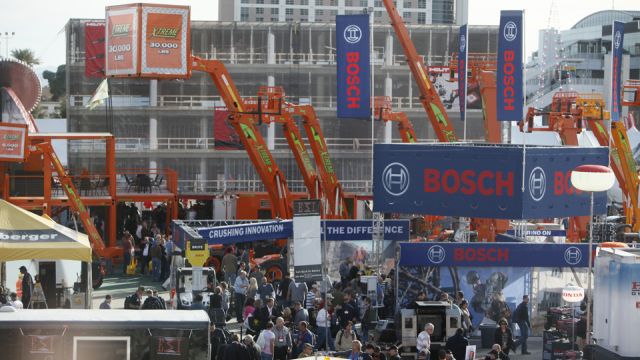
January 2013
New beginning

December 2012
It’s finally over

November 2012
My trip to the Rockies

October 2012
The 2012 election
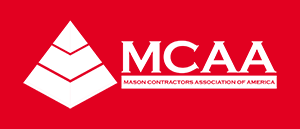
September 2012
Stay involved

August 2012
Networking

July 2012
Summer time

June 2012
Exciting time

May 2012
Working for you

April 2012
Join us in D.C. next month

March 2012
New beginnings

February 2012
Farewell!

January 2012
One more to go!

December 2011
The life of a mason contractor

November 2011
Join us in Vegas

October 2011
The Future is Around the Corner

September 2011
This ole cowboy is excited!

August 2011
As the world turns

July 2011
Update From the President

June 2011
The Strong Spirit of our Industry

May 2011
A Bright Future

April 2011
Springtime Updates from MCAA

March 2011
Tidbits From MCAA

February 2011
Time Flies By

January 2011
The MCAA Convention: A Priceless Experience

December 2010
The End of the Year

November 2010
Busy Times!

October 2010
South of 40

September 2010
Get Involved on All Levels

August 2010
What Are We Doing?

July 2010
Have a Great Summer

June 2010
Adding Dollars to the Bottom Line

May 2010
MCAA Key Accomplishments 2009-2010

May 2010
The Government is Working, 24-7

April 2010
MCAA is Working for the Mason Contractor

March 2010
Moving Forward

February 2010
A Fond Farewell

January 2010
A New Year

December 2009
Start the Year Strong

November 2009
The Greening of our Industry

October 2009
A Successful Midyear Meeting

September 2009
MCAA in D.C.

August 2009
Brick Voids

July 2009
Vision 2020 Moving Forward

June 2009
Success On The Hill

May 2009
Show Your Support Through Membership

March 2009
On a Positive Note...

February 2009
Vision 2020

February 2009
State of the Association

January 2009
The Silver Lining

December 2008
How Is Your Business Doing?

November 2008
Fastest Trowel on the Block

October 2008
Thoughts on the 2008 Election

September 2008
Industry Cooperation for Positive Change

August 2008
Networking: Not Just a Buzz Word

June 2008
Impact on the Hill

April 2008
Join Us Next Month in D.C.

March 2008
Were you at the World of Masonry in January?

February 2008
New Horizons

January 2008
State of the Association

January 2008
Thanks for an Enjoyable Term as President

December 2007
Wrapping up Another Year

November 2007
Greetings From Italy!

October 2007
MCAA, World of Masonry Join Forces

September 2007
MCAA Looking to Expand Masonry Markets

August 2007
Certification: Good Efforts and Bad Rumors

July 2007
Positive Changes on the Horizon

June 2007
MCAA Appoints New Executive Director

April 2007
Isn’t It Time You Joined With Us?

February 2007
Advancing Masonry in a Global Economy

February 2007
Certification Can Strengthen Our Markets

January 2007
A New Battle Rages in Washington

December 2006
National Initiatives Will Build a Stronger Industry

October 2006
Totally Engaged in Washington

September 2006
MCAA's Skills Competitions Create Enthusiasm for Training

August 2006
Heeding Huckabee's Call for Action

July 2006
MCAA Membership Can Pay Real Dividends

April 2006
I Can't Wait To Get Started!

March 2006
Coming Together to Advance the Industry

February 2006
Coming Together to Expand Our Opportunities

January 2006
Strategic Planning Creates Successful Future

December 2005
The work of the Construction Industry Silica Task Force

November 2005
It's Time You Joined the MCAA

September 2005
Volunteerism Advances America and Our Industry

April 2005
Advancing the Masonry Industry

March 2005
Strong Reasons to Go to Masonry Showcase

February 2005
Contractors Taking the Promotion Initiative

January 2005
We Need Your Help!

December 2004
Elections 2004: An Interesting Political Year

November 2004
The Internet is Opening New Doors for Contractors

October 2004
Mason Contractors + Specifiers = Construct America

September 2004
Your Influence Can Impact the Election

June 2004
Stepping Up to Sell Masonry Systems

April 2004
New Challenges Await Us!

April 2004
The State of the Association

February 2004
The MCAA: Getting Plugged into Washington

January 2004
Contractors Organize to Tackle Promotion

November 2003
The Strength of Unity

June 2003
Partnership with CSI Benefits Industry

April 2003
Strength Through Advocacy

February 2003
A New Year, a New Congress and a New Outlook

January 2003
Masonry Showcase ... Take Your Business Further

December 2002
Let's Not Lose Sight of Training

November 2002
MCAA Is Working Hard On Your Behalf

August 2002
Phoenix ... Rising From the Ashes

July 2002
Industry Beginning To Think Together

May 2002
Industry Training at a Crossroads

April 2002
Coming Together As Contractors

March 2002
A Steadying Force in Uncertain Times

February 2002
Changing of the Guard

January 2002
Associate Members Play a Key Role in Industry

February 2000
A Half Century of Service...A Half Century of Leadership

January 2000
Fifty Years of Serving the Masonry Industry

March 1998
Our Work Awaits Us… Let Us Begin!

March 1993
Meeting the Challenges Ahead

February 1961
A Message from Stephen D. Raimo









